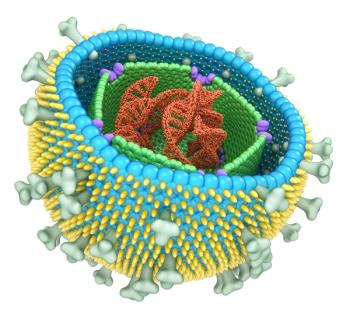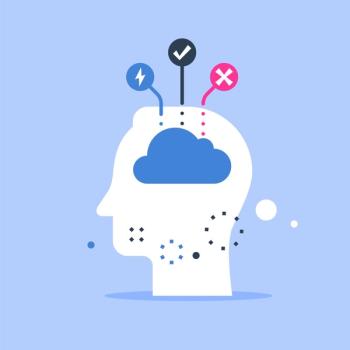
A growing body of scientific literature makes the case.

Dr Miller is professor in the Department of Psychiatry and Health Behavior, Augusta University, Augusta, Georgia. He is on the Editorial Board and serves as the schizophrenia section chief for Psychiatric Times. The author reports that he receives research support from Augusta University, the National Institute of Mental Health, and the Stanley Medical Research Institute.

A growing body of scientific literature makes the case.

A recent study dives into the data.


What do we know about TD? What is on the horizon? Take the quiz to learn more.

There is debate whether schizoaffective disorder is a separate illness or is part of the continuum of schizophrenia and mood disorder spectrum.

Because schizophrenia is associated with increased inflammation, studies on the effects of anti-inflammatory statins are warranted.

There is evidence for overlapping risk factors and symptomatology between ADHD and psychotic disorders. New research investigates the association between ADHD during childhood and the subsequent risk of developing a psychotic disorder.

Major risk factors for onset of tardive dyskinesia are considered.

Activation of the maternal immune system during pregnancy is associated with increased risk of neurodevelopmental disorders in children. A recent review and meta-analysis examine the link in ADHD.

A study estimates the frequency and clinical correlates of GI symptoms during depressive episodes in a large, nationwide sample of patients with MDD in China.

What major challenges do patients with tardive dyskinesia face in their daily lives? Take the quiz and learn more.

Aerobic exercise has been found to exert a positive effect on global cognition and some, but not all, cognitive domains in patients with schizophrenia.

What is the long-term, real-world effectiveness of pharmacotherapies for schizoaffective disorder? An investigation into 2 nationwide cohorts of patients living with schizophrenia provides new details.

Does switching antipsychotics quell weight gain in patients with severe mental illness? A meta-analysis of 59 relevant studies provides insights.

A synthesis of quantitative reviews on the relationship between cannabis use and psychosis.

Research on the prevalence of ADHD in Black individuals in the United States highlights the need for future research in this underrepresented group.

Is it possible to use cognitive testing, which is brief, easily performed, reliable, and noninvasive, to identify individuals at risk for psychosis?

Researchers explored reactivity to a panel of EBV proteins in patients with schizophrenia, thought to be associated with cognitive impairment.

How do men versus women with schizophrenia fare clinically, functionally, and neuropsychologically over the long term?

Are there differences in the clinical course of bipolar I and bipolar II disorder with and without comorbid alcohol use disorder?

Schizophrenia is associated with cognitive impairment, and treatment of cognitive dysfunction in these patients represents an area of unmet need. What is the role of exercise?


Navigating the treatment options for comorbid schizophrenia and alcohol use

Recent research sheds light on the role of adjunctive long-acting injectable antipsychotics in treatment-resistant schizophrenia.

Data from a randomized phase III trial shows promise for new treatment strategy.

Researchers investigated in-hospital mortality and ICU admission in patients with COVID-19 with and without comorbid schizophrenia in a population-based cohort study.

Abnormal glutamate and GABA levels may underlie cognitive deficits. A recent study investigated these associations in a large group of antipsychotic-naïve patients with first-episode psychosis.

Schizophrenia is associated with an increased prevalence of alcohol use disorders. A post-hoc analysis of the clinical course of the 2 disorders is an important change in this understudied and often overlooked population.

Do neurological signs at illness onset predict long-term outcome schizophrenia?

Fewer women than men with major depressive disorder experience symptom relief with antidepressants. Is there a role for alternative therapies?